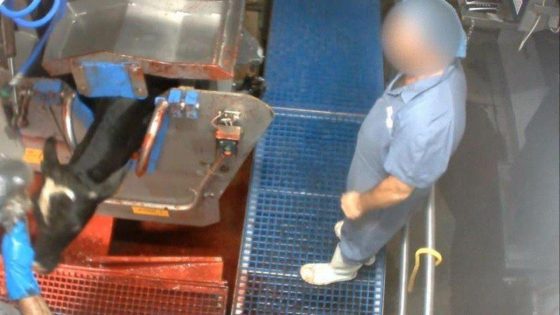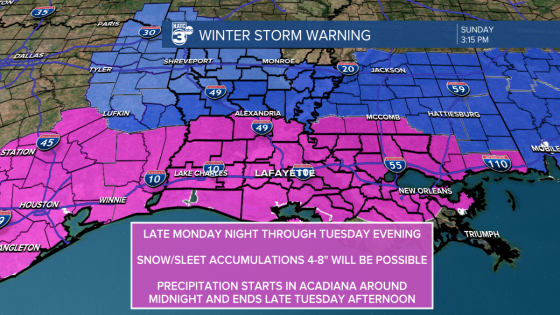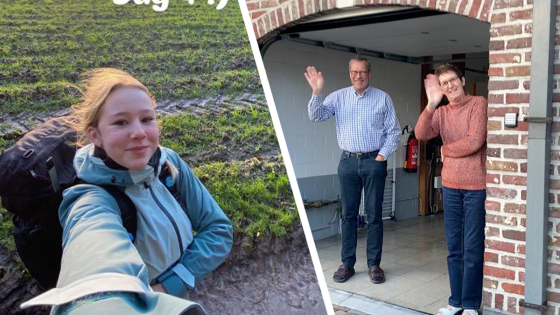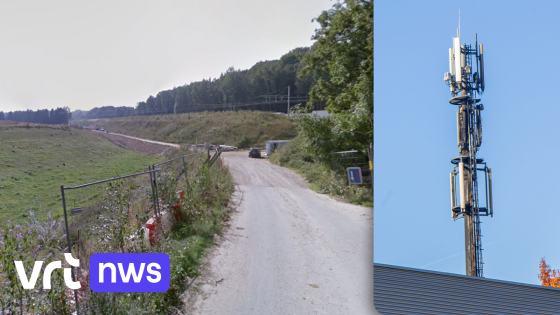The Hasselt slaughterhouse recently faced a legal setback as it was acquitted of animal cruelty charges. This decision comes after Animal Rights, an animal welfare organization, presented shocking footage from 2018 showing the mistreatment of calves. As of February 5, 2025, the court ruled that the evidence gathered by Animal Rights was obtained unlawfully.
- Animal Rights pursued legal action against slaughterhouse.
- Footage showed animal cruelty practices.
- Court ruled evidence was illegally obtained.
- No damages awarded to Animal Rights organization.
- Slaughterhouse was acquitted of all charges.
Hasselt Slaughterhouse Cleared Despite Shocking Evidence of Animal Cruelty
How can we ensure animals are treated humanely if those who expose wrongdoing face legal challenges? In a controversial ruling, the Hasselt slaughterhouse was found not guilty of animal abuse. Footage revealed disturbing treatment methods used on calves, yet the court dismissed this evidence due to its unlawful acquisition.
The Legal Battle Over Animal Welfare: Implications for Future Cases
This ruling has significant implications for future cases involving animal rights organizations and their ability to gather evidence legally. Many wonder whether this sets a precedent that could hinder efforts to protect animals from mistreatment.
The Role of Surveillance in Exposing Animal Cruelty
Animal Rights utilized hidden cameras to document alleged abuses at the slaughterhouse. However, their methods have come under fire for being intrusive and potentially illegal.
- The footage showed calves being physically harmed and subjected to electric shocks.
- The court ruled that such evidence could not be used due to privacy violations.
- This raises ethical questions about surveillance versus animal welfare advocacy.
- The balance between protecting animals and respecting privacy rights remains contentious.
Public Reaction: What Does This Mean for Animal Rights?
The public’s response has been mixed; many express outrage over the ruling while others support the need for lawful evidence collection in judicial processes. Activists argue that without strong protections for whistleblowers and advocates, instances of abuse may go unreported or unresolved.
This case emphasizes a growing need for comprehensive reforms in both Belgium and beyond to protect vulnerable animals while ensuring transparency in agricultural practices. How do we strike a balance between privacy rights and necessary oversight?

































